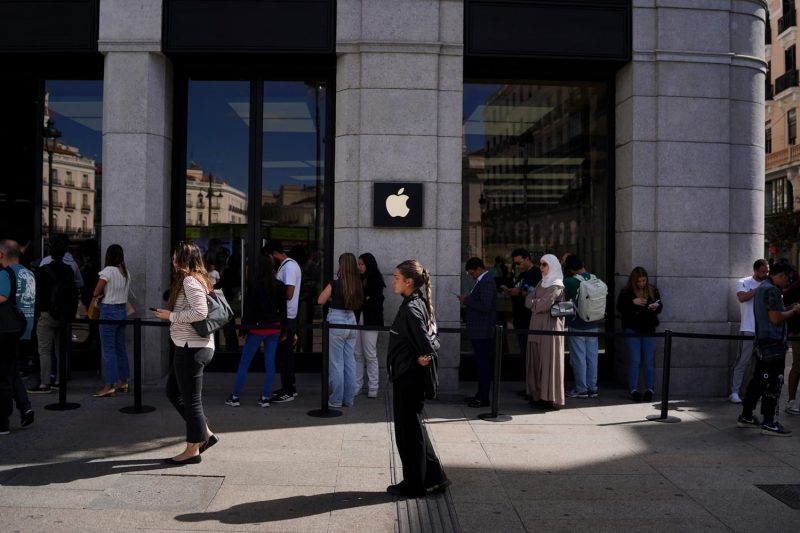European Union Regulators Accuse Apple of Breaching the Bloc’s Tech Rules
The European Union has recently taken action against tech giant Apple, accusing the company of breaching the bloc’s rules in a significant dispute that could have far-reaching implications for the tech industry. The allegations against Apple were centered around the company’s App Store practices and its treatment of third-party developers.
At the center of the EU’s investigation is Apple’s App Store policy on in-app purchases, particularly the requirement for developers to use Apple’s proprietary payment system, which incurs a commission of up to 30% on digital sales. The EU regulators argue that this practice stifles competition and results in higher prices for consumers, as developers are forced to pass on the additional costs to their customers.
The EU’s antitrust chief, Margrethe Vestager, stated that Apple’s behavior distorted competition in the music streaming market, pointing to its preferential treatment of its own music streaming service, Apple Music, over rival services like Spotify. The EU Commission found that Apple’s rules prohibited app developers from informing their customers of cheaper subscription options outside of the App Store, further limiting competition and consumer choice.
Furthermore, the EU accused Apple of orchestrating continuity obligations in its agreements with app developers, requiring them to offer the same subscription terms to Apple as those offered on other platforms. This practice effectively prevented developers from offering better deals to consumers on competing app stores or their own websites.
Apple has vehemently denied any wrongdoing, arguing that its App Store guidelines are designed to ensure the safety and security of its users and to maintain a fair marketplace for developers. The company contends that the App Store has been a driving force in supporting economic growth and innovation, providing developers with a platform to reach millions of users worldwide.
However, the EU’s investigation into Apple’s practices reflects a broader push by regulators to hold big tech companies accountable for anticompetitive behavior and to promote a more level playing field in the digital marketplace. The outcome of this dispute could have significant implications for how tech companies operate within the European Union and beyond.
In conclusion, the clash between Apple and EU regulators over App Store practices underscores the ongoing tension between tech giants and antitrust authorities seeking to rein in their dominance. The outcome of this case will not only impact Apple’s operations but could also set a precedent for how other tech companies are regulated in the future. As the digital economy continues to evolve, the need for robust competition policies and enforcement mechanisms becomes increasingly apparent to ensure fair competition and consumer choice in the tech industry.
